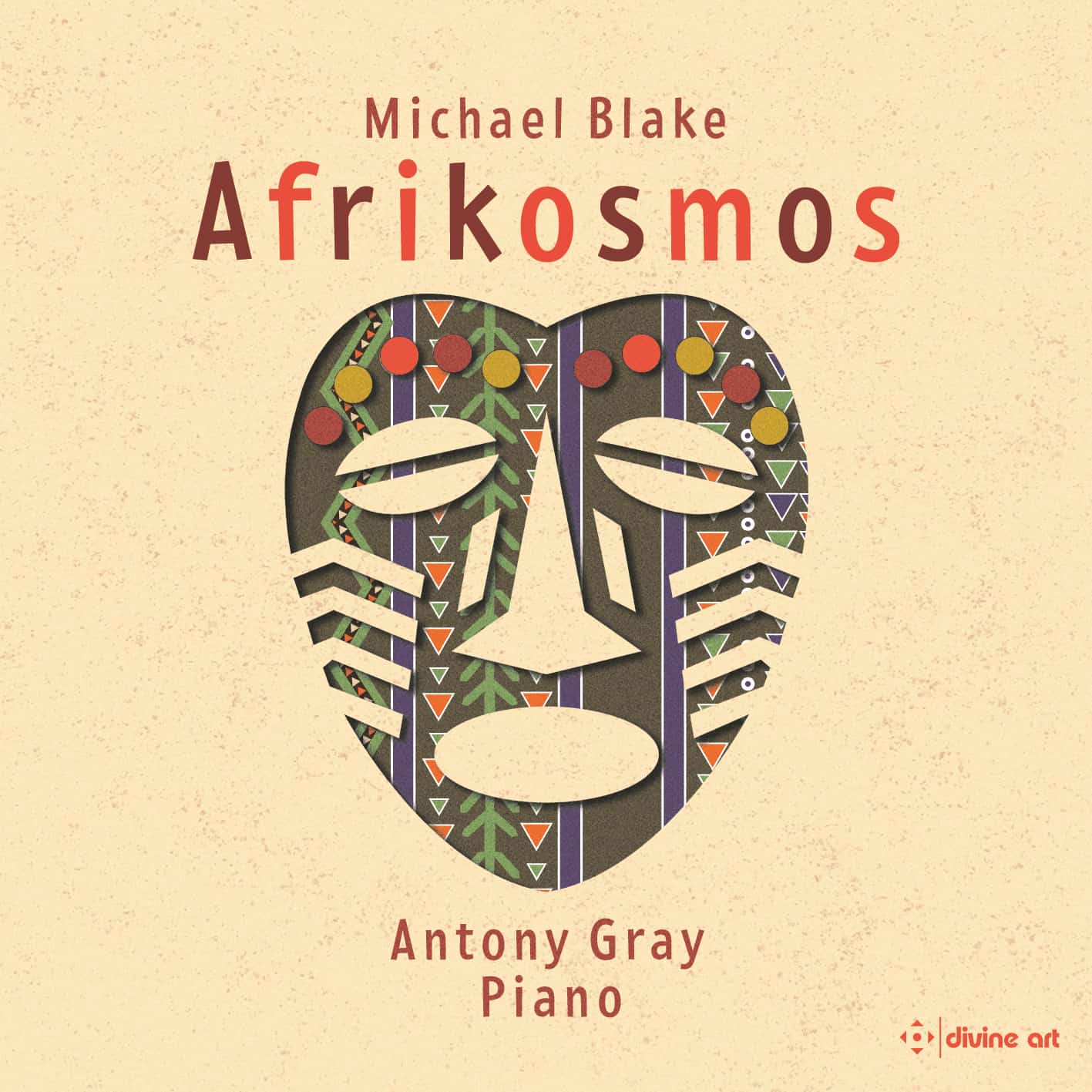Fanfare
South African composer Michael Blake has created three hour-long cycles of piano music modeled after Bartók’s Mikrokosmos, totaling 75 miniatures that average around two minutes each, the shortest being 0:53 and the longest 7:37. In his informative program notes, Blake writes, “As a white South African-born composer my identification with my birthplace has always been important to me in forging a compositional identity.” He points to numerous modern composers—Villa-Lobos, Ginastera, Revueltas, Stravinsky, Janáček, and Copland, as well as Bartók—who used indigenous music from their respective countries to develop their musical languages. The brevity and conciseness of Mikrokosmos, however, stands front and center.
Blake rarely employs literal piano transcriptions of folk songs in this cycle. Instead, he cites the strong influence of African musical techniques, melodic patterns, and rhythms in shaping these pieces. He provides more details in his notes for those who are interested. The texture of the writing can also incorporate birdsongs, hymn tunes, work songs, and homages to classical composers (e. g. Bach, Schumann, Puccini, Kurtág, Grainger).
Each of the three discs contains an hour-long cycle. While I would not recommend listening to all 75 pieces in succession (nor would I recommend so listening to the 153 pieces that make up Bartók’s cycle), I found each individual disc enjoyable. There is enough variety of mood and rhythmic pulse to sustain a listener’s attention through the hour. While Blake originally wrote the pieces in order of ascending difficulty (matching Bartók’s approach), when he came to arrange them into three one-hour programs, he did so such that each disc goes from easy to difficult. This scheme works to the music’s advantage, whereas with Mikrokosmos listening to the first two books is a chore because of the music’s unrelieved simplicity.
There are many lovely, picturesque pieces here. “Distant Cowbells” replicates the sounds one hears while walking in the hills above villages in Lesotho, with high semitone clusters in no fixed rhythm. “Reedpipe Dance” is a lively representation of a Tshikona panpipe. “To Comfort a Child” is a particularly beautiful lullaby.
Australian pianist Antony Gray plays every piece with conviction and skill. He has performed Afrikosmos in recitals in France as well as Cape Town, and he clearly believes in the music. The recorded sound is excellent. I can recommend this release to curious listeners interested in exploring new keyboard repertoire, but in a style still tethered to tradition. I learned a great deal about African music from listening to what it inspired Blake to write.
@divineartrecordingsgroup
A First Inversion Company
Registered Office:
176-178 Pontefract Road, Cudworth, Barnsley S72 8BE
+44 1226 596703
Fort Worth, TX 76110
+1.682.233.4978




![🎧 Listen now to the @purcellsingers' first single from their upcoming album, #ASpotlessRose! ➡️ listn.fm/aspotlessrose [in bio]](https://scontent-dfw5-2.cdninstagram.com/v/t51.71878-15/642752592_1424641949105789_8815810652567824072_n.jpg?stp=dst-jpg_e35_tt6&_nc_cat=106&ccb=7-5&_nc_sid=18de74&efg=eyJlZmdfdGFnIjoiQ0xJUFMuYmVzdF9pbWFnZV91cmxnZW4uQzMifQ%3D%3D&_nc_ohc=aY1NGfNpOoYQ7kNvwEpaWyi&_nc_oc=AdmsTLyU2FdaTvBz8SA2edIy1HrwfpEwqO-40Q6wHv8PoKFUlI3r-DVOBxSZvOBoX8Q&_nc_zt=23&_nc_ht=scontent-dfw5-2.cdninstagram.com&edm=ANo9K5cEAAAA&_nc_gid=7xYsyKmJkSy21TDmCXkZyw&_nc_tpa=Q5bMBQFL6ZJ9BGaG7hEMnWq6xd3UWHQxi9-OdzhW5NlJ9DOf6auqGWMyY9KMr_pHLNtSAsDv9IjRVRAxxg&oh=00_AfydW2VXBczgR871A3xF19xe5zpPpyiHyP9-WQO2MhFrcA&oe=69AE2BC1)







